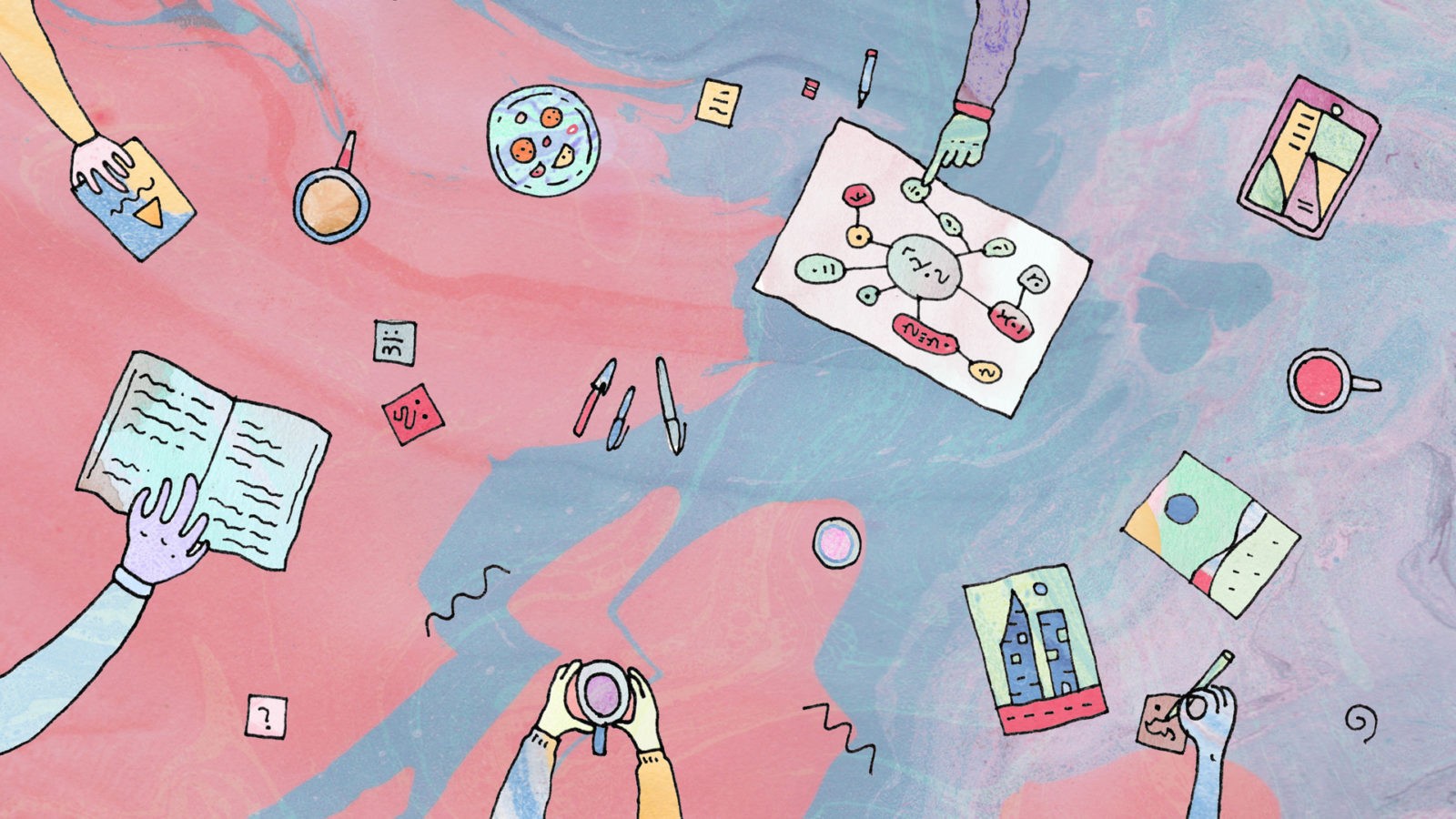One of the biggest casualties of the COVID19 pandemic has been children and their right and ability to play freely. With countries having imposed restrictions requiring physical distancing, and limited community and social gatherings and interactions, almost no sport, and playground and park use, and schools moving online, most children have not been to a playground or played outdoors in months altogether.
When a child’s right to play is restricted, it has long-term effects on their physical and mental health. To combat this adverse effect many organizations across the world have adapted learning material to make it more play-based. While there is no compensation for play, here’s an attempt to reach young children and parents with life-saving health, safety and wellbeing messages, games and activities as a way to introduce play back into their lives.
Caring for each other, content for playful learning – Sesame Workshop India
Sesame workshop premiered new animated public service announcements to help families across India stay physically and emotionally healthy as the unprecedented coronavirus pandemic continued, helping children and families to adapt to new realities. Though its muppets has always been at the forefront in promoting healthy habits for life through its various programmes in India, as it believes that children can indeed be agents of change. Sesame Workshop’s community engagement programs such as Radiophone and mobile community viewings have successfully proven that children who are exposed to its content are twice as ready for school, have higher awareness of healthy foods, hygiene and show increased signs of inclusion. The programmes equip children and their caregivers, with the necessary tools required to transform every day moments into playful learning experiences, helping to set children on the right path to life.
Teacher facilitated early learning – Right To Play Thailand
When COVID-19 resulted in the closure of early childhood centres in Thai refugee camps, on the border with Myanmar, early childhood teachers were eager to be part of the response. In partnership with the Karen Refugee Education Entity (KREE), Right to Play supported teachers trained in its play-based learning approach to conduct daily home visits and lead playful learning sessions. Teachers led health and psychosocial wellbeing games with children and parents, coaching parents on how to use play to support children’s learning. Gradually games for early literacy and numeracy were introduced into the one-hour sessions. Teachers also facilitated small group sessions at schools for children who had challenges learning at home, delivering up to three sessions per day.
Toolkit for play in a situation of crisis – International Play Association USA
IPA’s Access to Play in Crisis (APC) training project and toolkit support people and agencies working in crisis situations so that they are better able to understand and support children’s everyday play. The project defines situations of crisis as humanitarian, natural, and man-made disasters. The toolkit supports children’s everyday, community-based play opportunities.
Play-based television education – Right To Play Mozambique
The COVID-19 outbreak led to the immediate closure of schools in Mozambique in March 2020. Right to Play partnered with Ministry of Education and Human Development to develop a television education package for early grades (1-3) and enhance the quality of teaching and learning through play, including coaching and mentoring of teachers in play-based approaches and supporting them to prepare playful lesson content. These efforts have resulted in television education that is playful, engaging and enjoyable. Subsequently Right to Play designed and launched a bilingual television school program in Gaza province implemented by teachers trained in learning through play by Right to Play. In order to actively engage parents and caregivers Right to Play shares messages and guidance through WhatsApp messages and raises awareness about the program over loudspeakers announcing the start of the television lesson.
Remote Play Labs – BRAC Bangladesh
BRAC Play Labs are high-quality, low-cost, early childhood learning centers for children ages three to five in low-resource settings. Created in partnership with the LEGO Foundation, the innovative, community-based model centers learning around play in order to support children’s language, motor, cognitive, and socio-emotional development. The play-based curriculum incorporates physical play, songs and rhymes, stories, dance, art, and more as tools for learning, and engages caretakers and community members in creating low-cost, culturally relevant play materials to support children’s development. Designed to be adapted and scaled across a number of low-resource contexts, BRAC currently operates a network of Play Labs across Bangladesh, Uganda, and Tanzania, as well as a network of Humanitarian Play Labs serving children affected by the Rohingya refugee crisis in Cox’s Bazar, Bangladesh.





